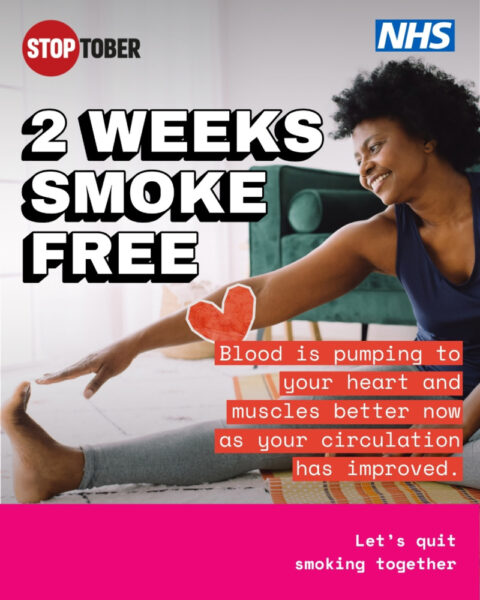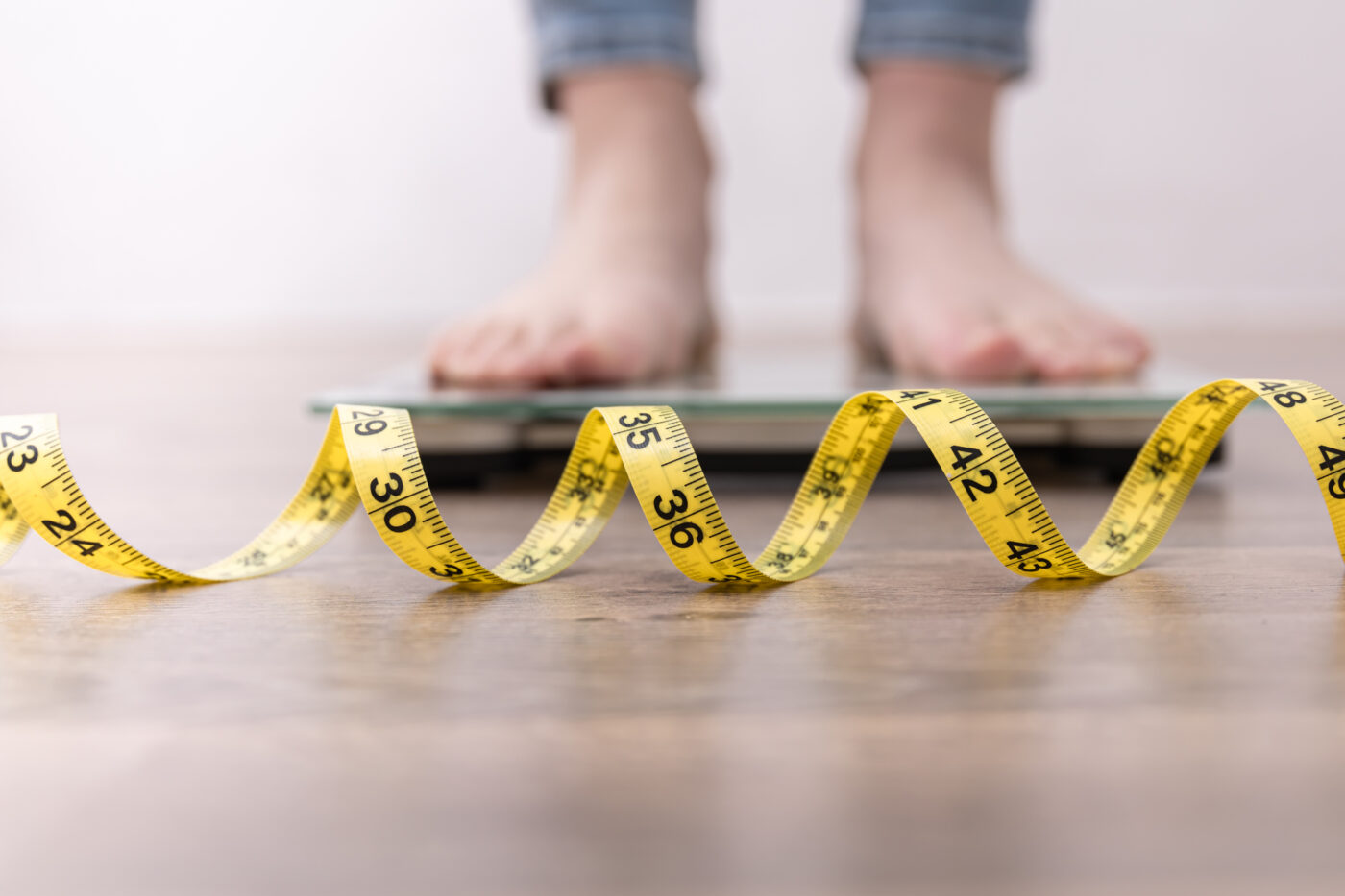
Maintaining a healthy weight is important for overall health
If you're struggling and want free support get in touch today!
Our single point of access simplifies pathways into support
We work in partnership with many well-known organisations across Essex
Making Every Contact Count training is designed to develop public health knowledge
And we can offer free training for organisations, staff or members of the public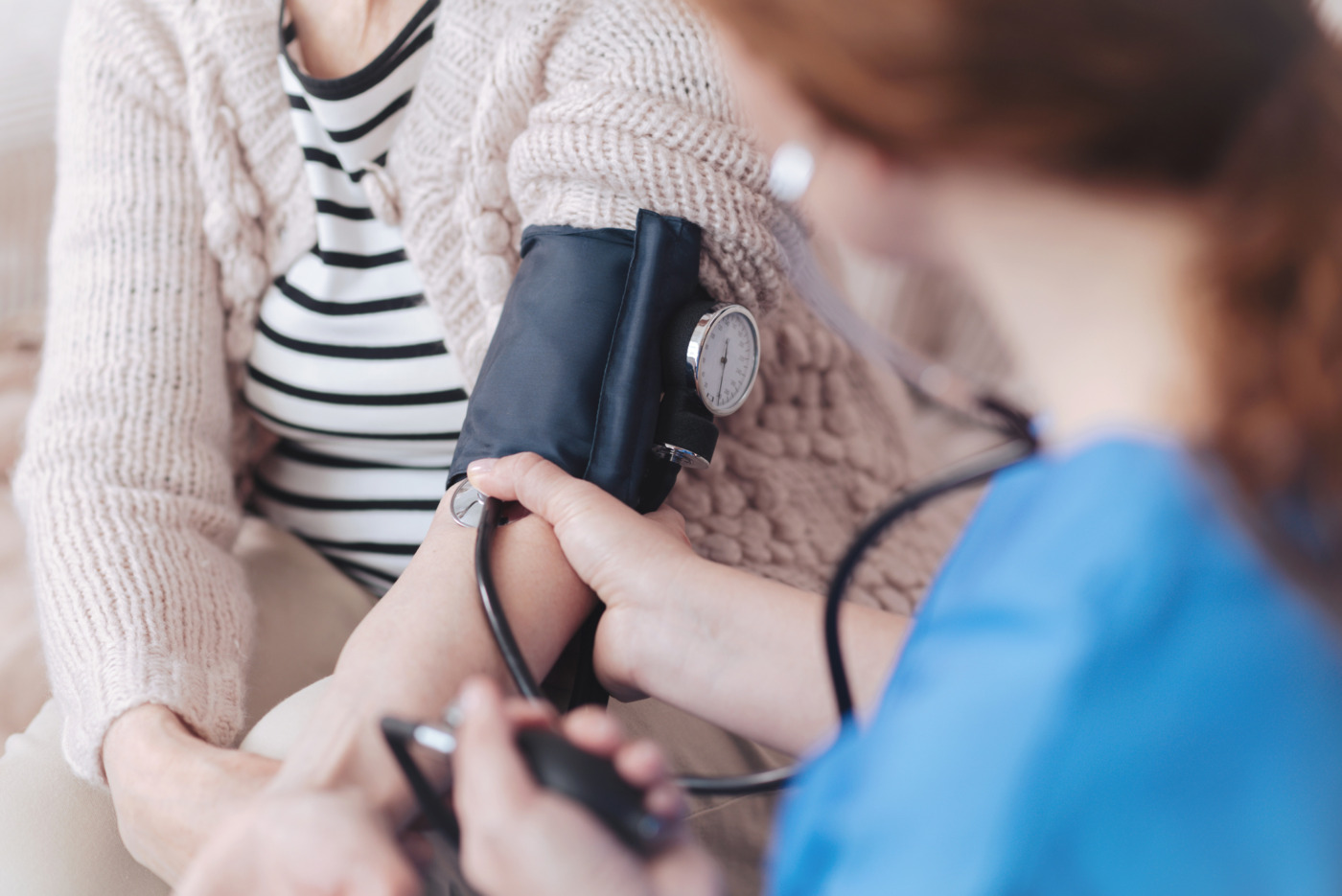
The NHS Health Check is designed to identify health risks
We offer free Health Checks across Essex - get in touch to register for yours to
Taking care of your employees’ wellbeing is essential
Working Well, part of our service, provides free workplace health and wellbeingYour wellbeing, Your way.
Delivered by an alliance of specialist organisations.
Whether it’s help to quit smoking, social isolation support, weight management, or help with day-to-day needs;
we are here to help employers, families and communities to stay healthy, safe and well.


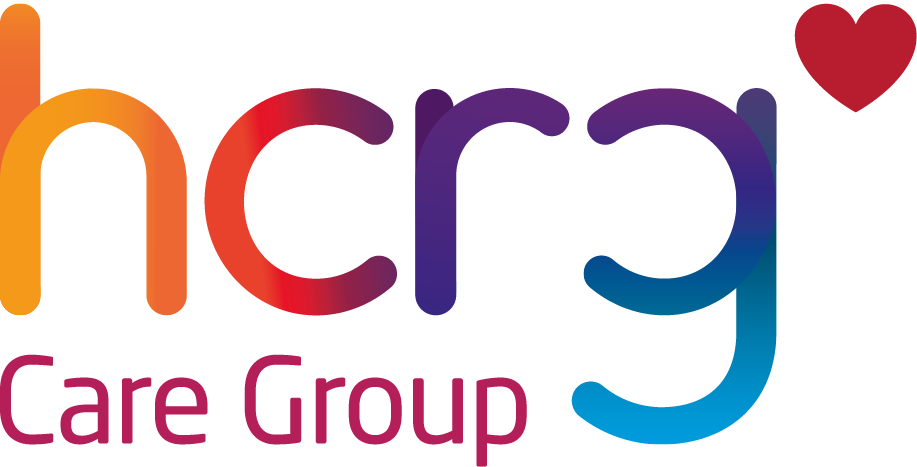
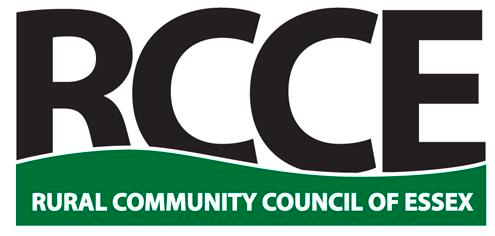


 Articles 5 November 2025
Articles 5 November 2025Embrace the Veg Pledge: A guide to introducing more vegetables into your diet
Embrace the veg pledge this November and introduce more vegetables into your diet
 News 26 September 2025
News 26 September 2025Join millions of people who have quit smoking with Stoptober.
join millions of people who have quit smoking with Stoptober
 News 22 August 2025
News 22 August 2025Digital Health Checks for workers expanded across Essex
Digital health checks for workers expanded across Essex with over 1000 checks already completed across 23 businesses.
 Articles 29 July 2025
Articles 29 July 2025Celebrating Allotments: Cultivating Health and Happiness
Celebrate the joys of growing your own food and the incredible benefits this hobby can bring to our physical and mental wellbeing
 Articles 30 June 2025
Articles 30 June 2025Alcohol and work: building better habits for a healthier working life
Have you ever thought about how alcohol and work affect each other? With many of us spending over 1,400 hours… Articles 28 May 2025
Articles 28 May 2025Osteoporosis
Osteoporosis is a health condition that weakens bones meaning an increased riskof fractures. It is a condition that affects many…
Great stop smoking service, would recommend without hesitation
They are amazing people who work at the stop smoking service and give amazing support - they're warm and welcoming
What a difference EWS is making to my life. You are a wonderful service and every time I phone your line I speak to different people - all friendly, and speaking to you gives me confidence. EWS was an amazing initiative that was to be applauded
I would highly recommend EWS for being constructive, practical and non-judgemental. I feel more optimistic, having absorbed a number of concepts and ideas.
Excellent, made me more aware of the types of food I should be eating, making a balanced diet and the importance of exercise.

